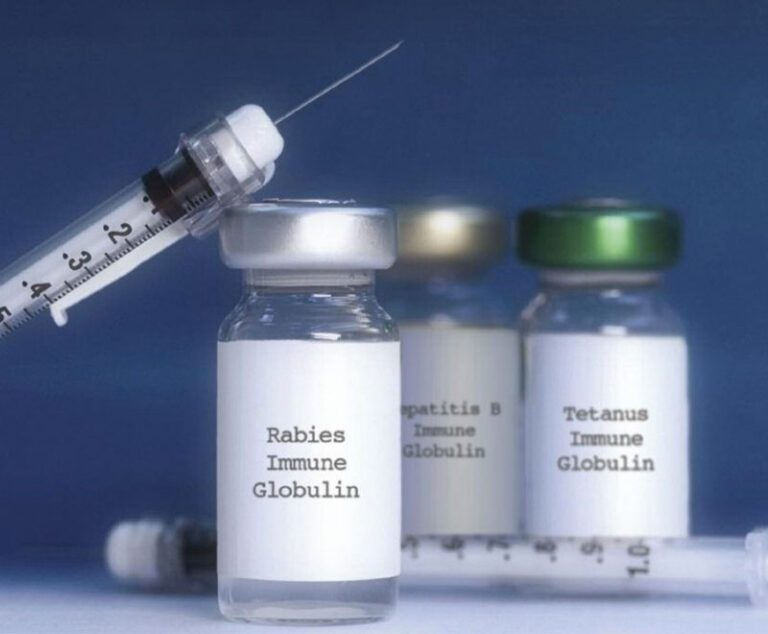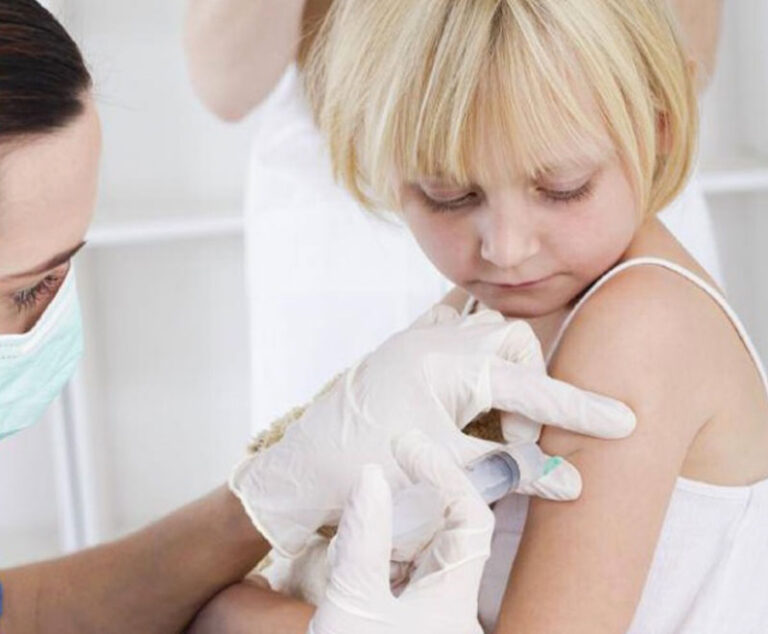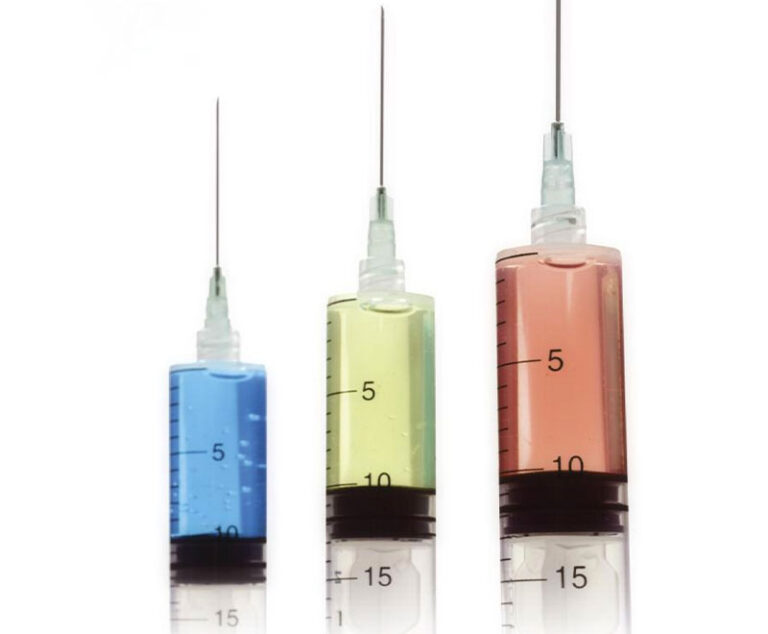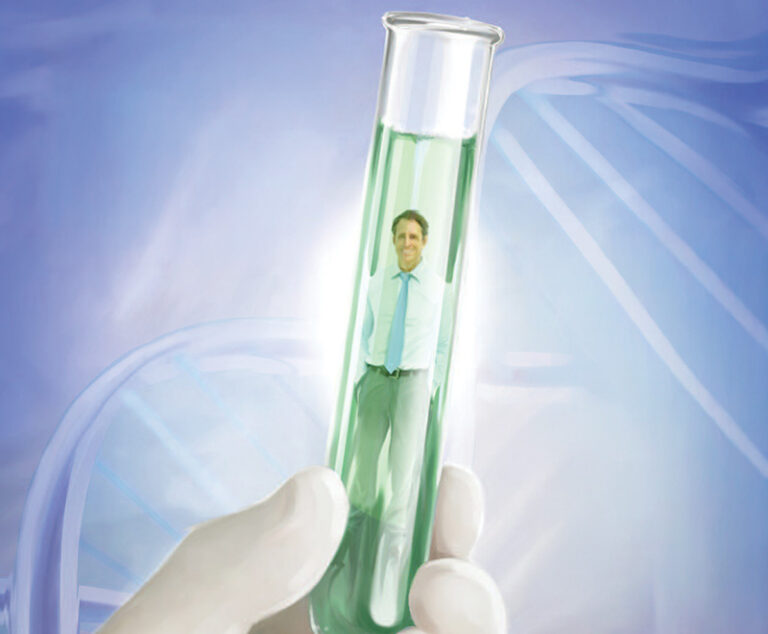Industry Insight
Information, Observation & Analysis
While these obscure, life-saving treatments are used to treat vastly different diseases, the common denominator they share is that each is made from plasma with a specialized high-titer antibody that provides short-term passive immunity.
Measles and mumps are rare diseases in the U.S. today due to greater immunity from a preventive vaccine, but these diseases still pose a real threat.
Diabetes is a full-blown epidemic in this country. But recent research is vastly changing our understanding of this life-threatening disease and providing new clues about how to treat and, possibly, even cure it.
Finally, there are more options for the unique bleeding disorder, von Willebrand disease.
As specialty pharmaceuticals are prescribed more frequently to treat more common diseases, the number of them under development and expected to be approved by the FDA in the next several years is surpassing that of other categories of drugs.
Research advances sparked by the Human Genome Project may soon significantly affect the practice, prescription and production of medicine.
New research comparing the new Fluzone High-Dose vaccine and the seasonal flu vaccine sheds light on how ineffective the latter vaccine has been for the elderly.
With the leading edge of the baby boom generation set to double the over-65 population during the next 20 years,Alzheimer’s has long been a leading target for development of potentially disease-modifying drugs.
An epidemic of pertussis in California — of a size not seen in some 50 years — makes educating the public about this disease and how to prevent it more important than ever.
With millions of people dying annually worldwide from pneumonia, the facts about who is at risk of contracting this disease and how it can be prevented have never been more important.
From identifying the strain to prioritizing high-risk recipients, a look at lessons learned from the development and distribution of the H1N1 vaccine.
Vaccines to treat pre-existing conditions have the potential to radically change medical treatment, and there’s renewed hope that therapeutic vaccines might soon be available to treat various diseases.











